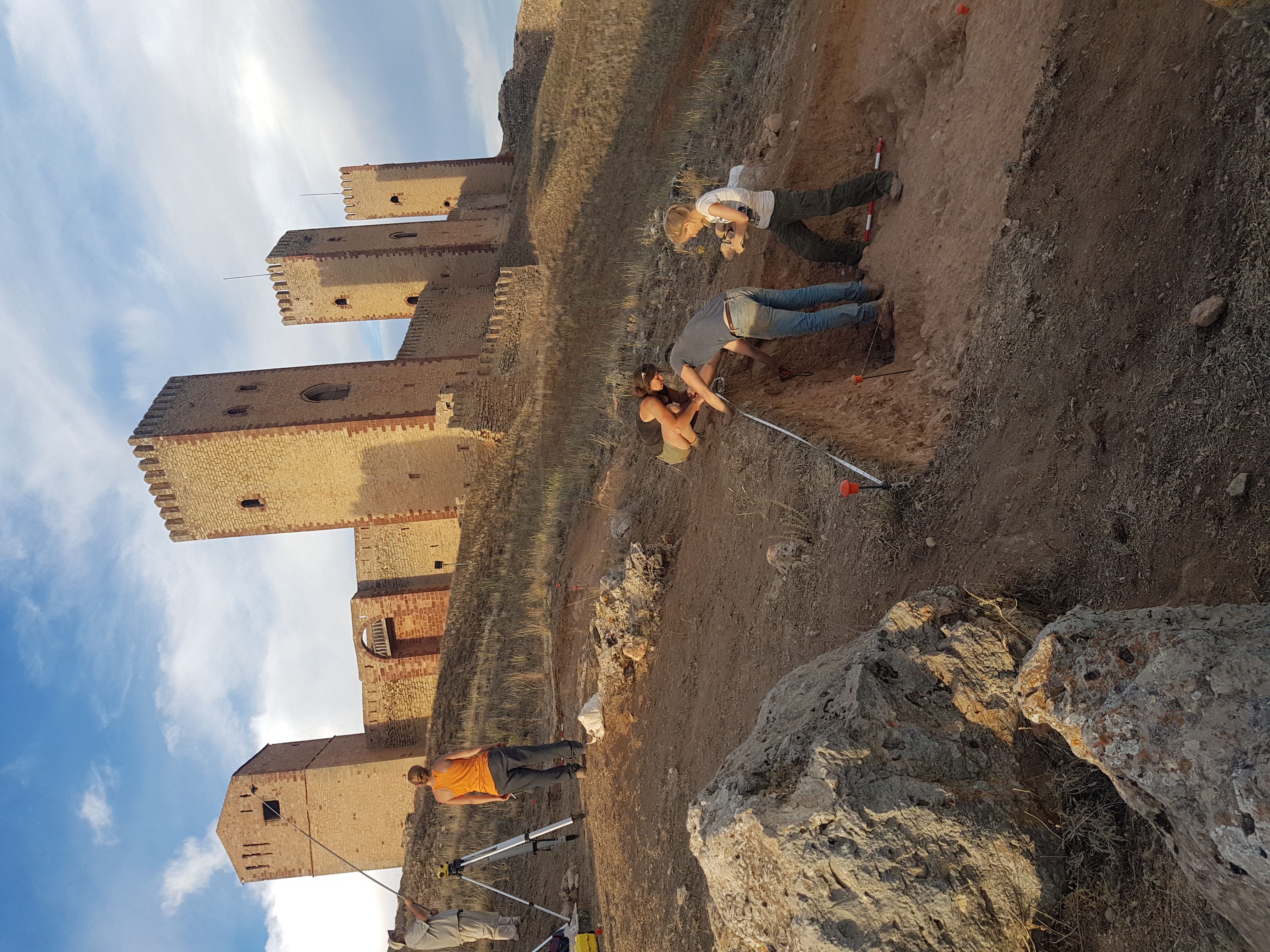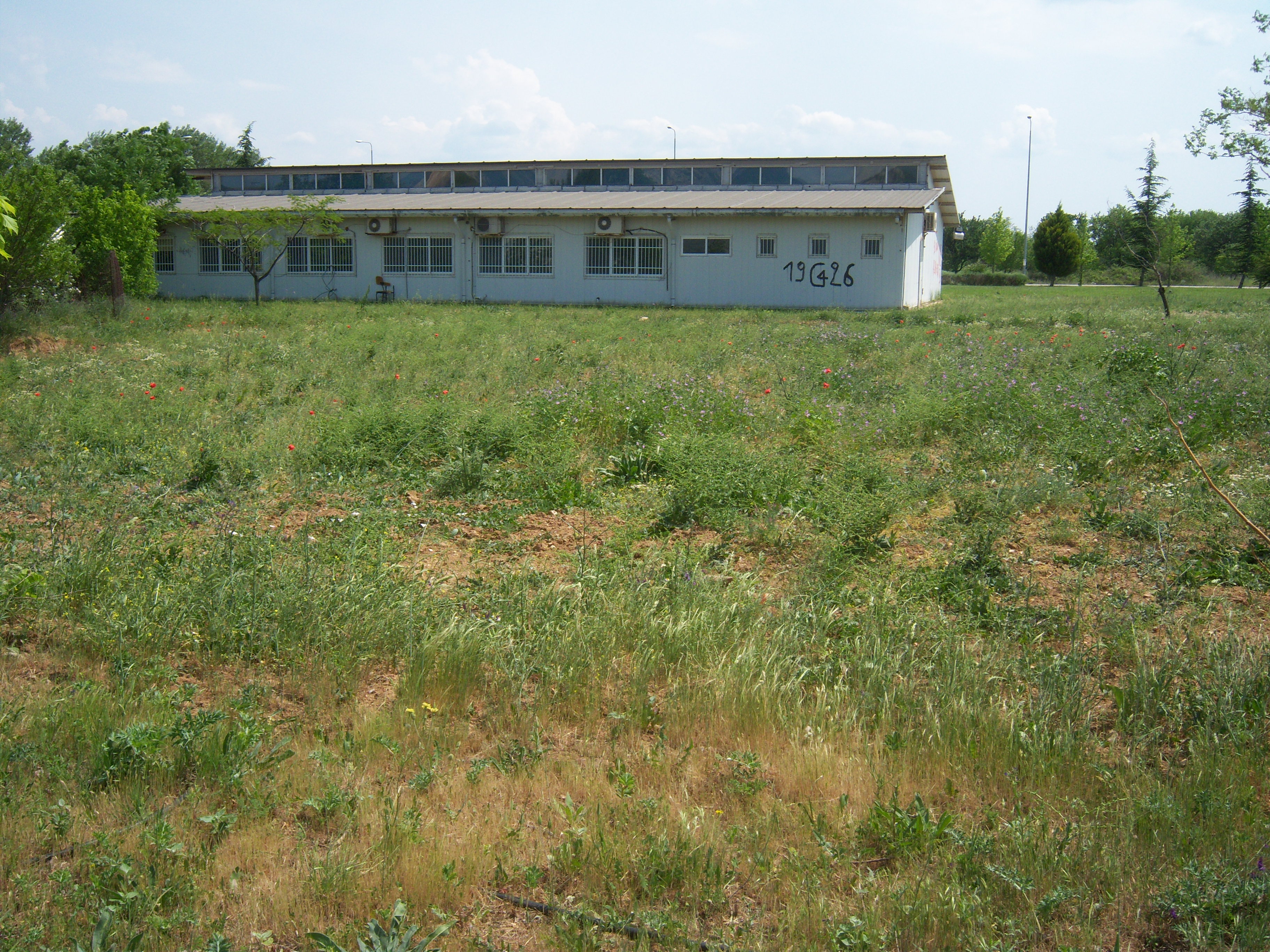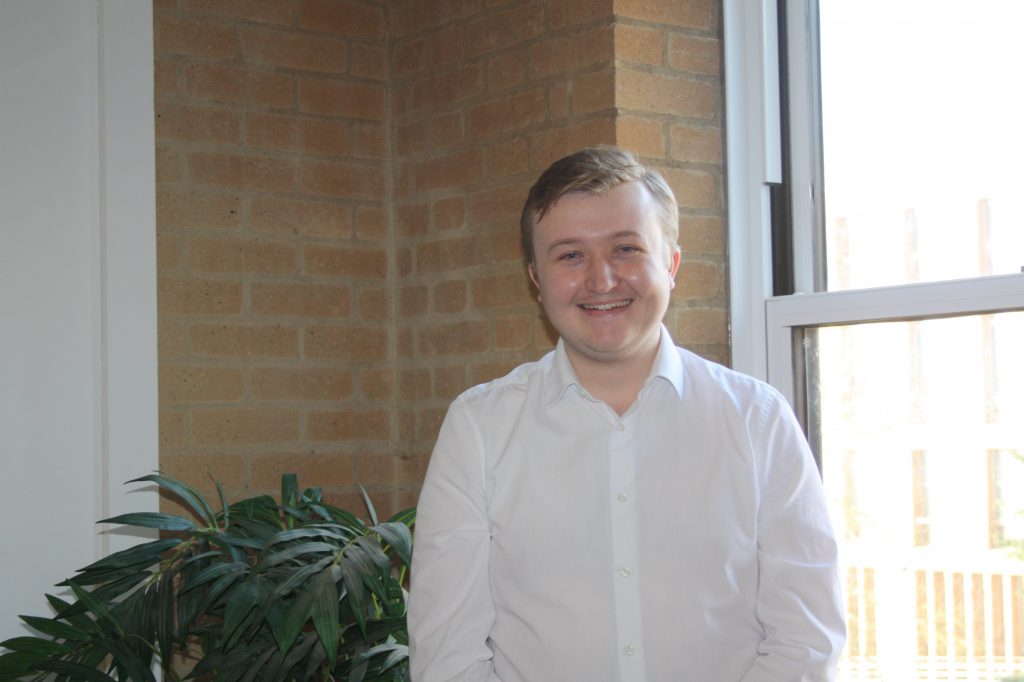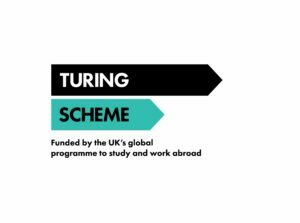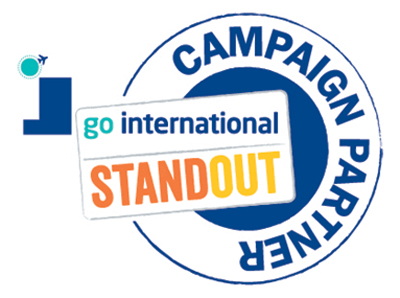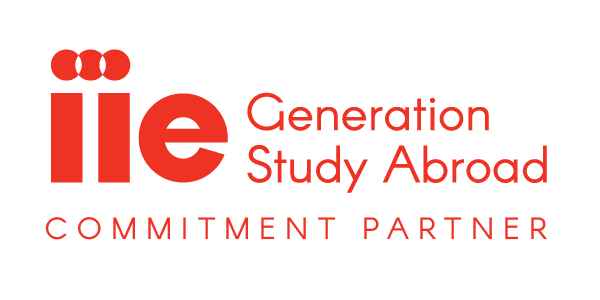Inspiring and Essential
The Erasmus programme has been an inspiring and essential part of my professional life for over a decade. Shortly after starting my lectureship at Reading I was given the role of Study Abroad co-ordinator for the Department of Archaeology. I took this on with great enthusiasm, particularly as I had been involved in various projects around Europe and was just developing a collaborative research programme with colleagues in Poland, Estonia and Latvia, in part facilitated by the EU-funded Leonardo da Vinci training programme. This would evolve into the “Ecology of Crusading” project, funded by an ERC starter grant from 2010-14. Whilst I’m used to working within international teams, the Erasmus programme opened new doors for me in the world of European HEI and gave me unprecedented opportunities for enhancing my teaching skills, experiencing different learning environments, strengthening my research networks and in the process raising the visibility of Archaeology at Reading.
To date, I have participated in sixteen staff mobilities to institutions in Hungary, Poland, Lithuania, Sweden, Germany, Italy and Spain. Several became established annual or bi-annual teaching events along with other colleagues from Reading, particularly at the Central European University in Budapest, and in recent years at the field school run with colleagues from the University of Granada. I always looked forward to the mobilities and the classes have included some of the sharpest, most enthusiastic and creative students I have had the privilege of teaching, ranging from first year undergraduates through to doctoral students. The mobilities packed in a bewildering array of formats, from intensive seminars through to extended workshops and field schools. Seeing how colleagues from different institutions, with varying cultural backgrounds and expectations, integrated their teaching and research was inspirational, and this became a crucial element of my own mobilities. In both the eastern Baltic and Spain, where I have been involved in the direction of major research projects, the opportunity to combine teaching with research has been incredibly rewarding.
At the heart of the Erasmus programme is reciprocity, and over the years it has been a pleasure to host a number of colleagues from across Europe at Reading, providing our students with the opportunity to be taught by archaeologists who have transformed the field. Our students have also regularly spent semesters abroad, albeit in small numbers, but those who have gone have significantly enriched both their learning and life experience. Whilst international mobilities are a far more common experience for students in Continental Europe, it is wonderful to see the growing popularity of our four-year degree programmes, which include a year abroad. At a time of growing division within and beyond Europe, the Erasmus programme is a blazing symbol of connectivity, of collegiality and community for academic staff and students alike, of intellectual freedom. Long may it continue.
